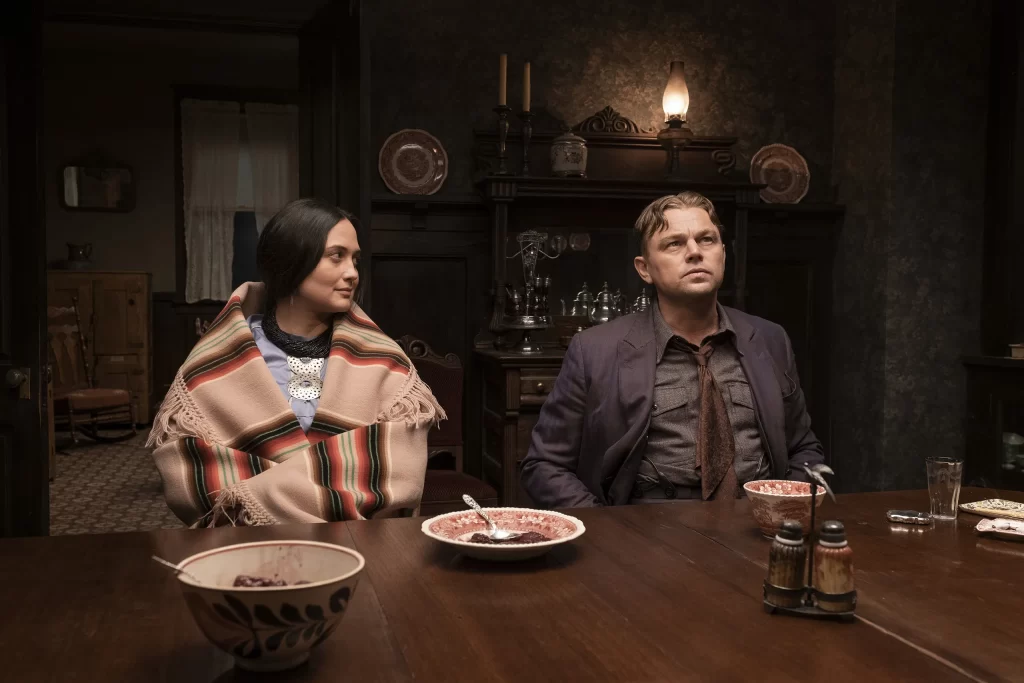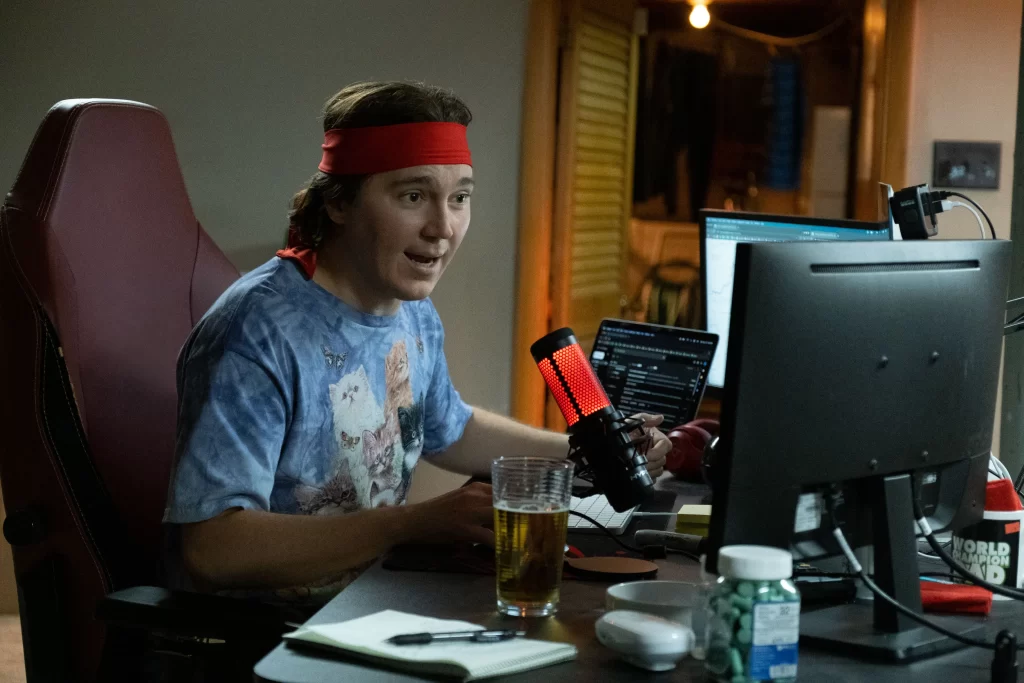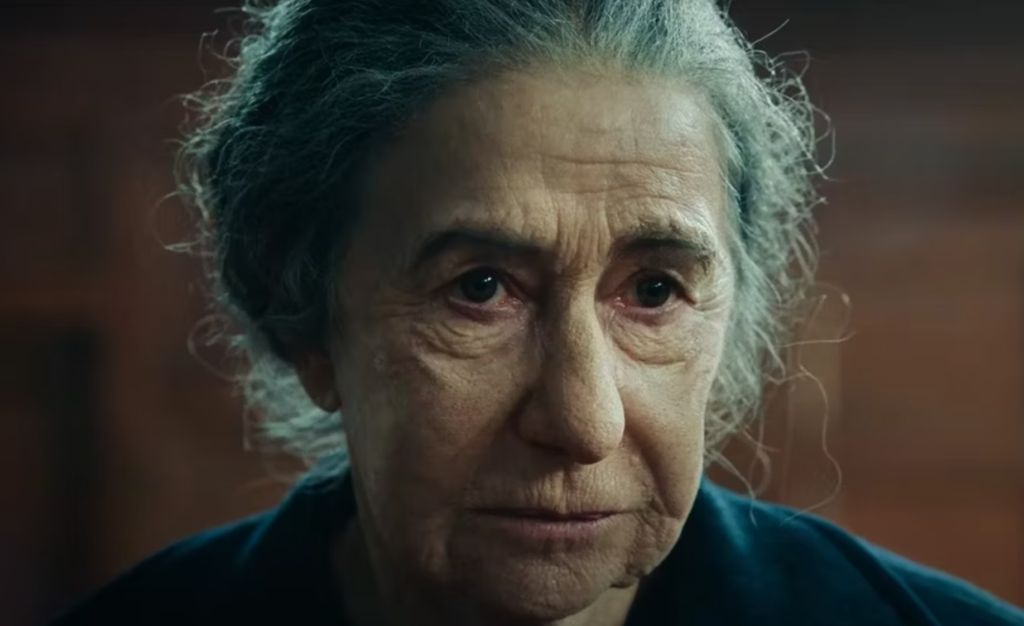Anatomy of a Fall: Death Landing

The first frame of Anatomy of a Fall, even before the traditional procession of vanity cards, is the text of a URL: didshedoit.com. The ensuing movie, a tense and absorbing courtroom drama directed by Justine Triet, doesn’t so much investigate the answer to that question as emphasize its unknowability. Like Rashomon before so, it posits that the quest for truth is a fool’s errand, and that past events are refracted through individual prisms of memory and perspective. Initially tasked with finding guilt or innocence, it instead grapples with the notion that those terms are illusory.
The “she” of that URL is Sandra Voyter (Sandra Hüller), and the “it” is the death of her husband, Samuel Maleski (Samuel Theis). That both characters share a first name with the actor playing them is just one sign that Triet is attempting to collapse fact and fiction, though her screenplay, which she wrote with Arthur Harari, isn’t rooted in any specific true-crime episode. It instead methodically builds itself out from the film’s opening scene, when Sandra and Samuel’s 11-year-old son, Daniel (Milo Machado Graner), returns from a walk with his dog to find his father’s bloody body splayed out at the base of their ski chalet. This completes the URL’s question: Did Samuel jump, or did Sandra push him? Read More




